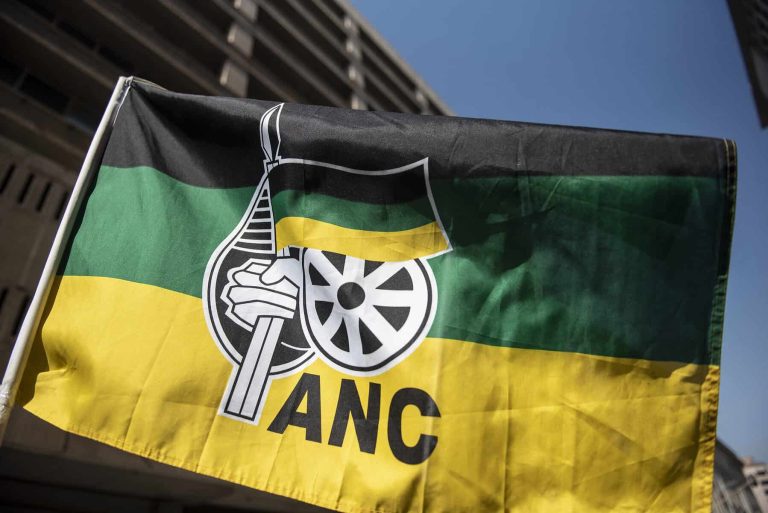
It’s 30 years since the execution of the Ogoni Nine, a group of environmental activists including renowned writer and activist Ken Saro-Wiwa, who were sentenced to death by a military tribunal on November 10, 1995. Their execution, deemed unjust and politically motivated, has left a lingering scar on Nigeria’s human rights landscape.
The Ogoni Nine were convicted during a trial widely condemned for its lack of fairness and transparency. Accused of inciting unrest in Ogoniland while leading peaceful protests against environmental degradation caused by Shell Petroleum Development Company (SPDC), their deaths ignited international outrage. Global rights organizations, including the United Nations and the Commonwealth, rallied against the proceedings, highlighting the gross violations of human rights.
It’s against this background that Global Rights, an international human rights capacity-building non-governmental organization (NGO) in a Statement noted that their execution, despite international appeals for clemency, drew global outrage from the United Nations, the Commonwealth, and rights groups. The executions led to Nigeria’s suspension from the Commonwealth and further isolated the then-military regime.
“The idea of pardoning them is an insult to their memory,” said a civil society representative in Port Harcourt. “They were innocent men who died for demanding justice and environmental accountability.”
The 2011 United Nations Environment Programme (UNEP) report on Ogoniland revealed severe contamination, with benzene levels in drinking water 900 times above World Health Organisation limits. But progress on the cleanup has been painfully slow. Critics say the Hydrocarbon Pollution Remediation Project (HYPREP), created to oversee the cleanup, has been undermined by poor transparency, political interference, and underfunding.
Instead of focusing on remediation, activists warn that recent discussions about restarting oil exploration in Ogoniland could further endanger communities still suffering from toxic pollution.
Beyond Ogoniland, the statement marking the anniversary described Nigeria’s broader human rights climate as worrying. It noted that activists, journalists, and community leaders continue to face harassment, arbitrary arrests, and in some cases, extrajudicial killings—despite the country’s democratic governance.
Human rights advocates are urging the government to formally exonerate the Ogoni Nine and acknowledge their wrongful convictions, fully implement UNEP’s cleanup recommendations with transparency and community involvement, hold polluters accountable, including multinational oil firms implicated in decades of environmental damage and protect the rights and safety of environmental and human rights defenders nationwide.
As Nigeria marks this somber anniversary, the legacy of Ken Saro-Wiwa and his colleagues continues to echo across generations. Their struggle, once met with violence, has become a rallying call for environmental justice and state accountability.
Quoting Saro-Wiwa’s final words before his execution, an activist at the memorial in Bori said: “We are going to demand our rights peacefully, non-violently, and we shall win.”
As the world reflects on the legacy of the Ogoni Nine, the call for justice resonates louder, urging local and international communities to stand against human rights violations and advocate for the rights of those impacted by environmental degradation.
As this somber anniversary passes, the sacrifices of the Ogoni Nine serve as a reminder of the intrinsic link between environmental justice and human rights. Their enduring legacy inspires a new generation of activists to challenge systems of oppression and fight for a sustainable future for all.



